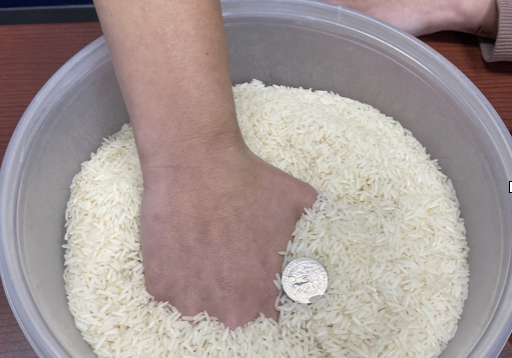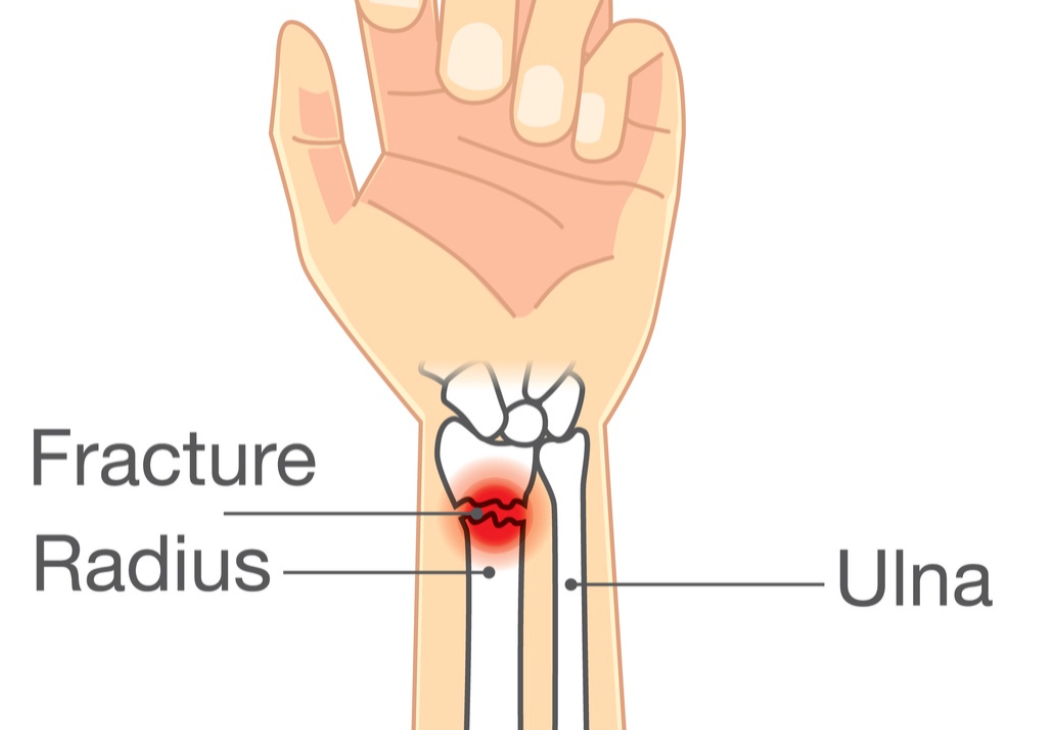Use of Paper Tape for Scars (What is scar tape?)
O’Reilly, S, Crofton, E., Brown, J., Strong, J., & Ziviani, J. (2021). Use of tape for the
management of hypertrophic scar development: A comprehensive review. Scars, Burns &
Healing, 7, 1–17 DOI: 10.1177/20595131211029206

The Skinny
The authors looked to do a review of the current literature published on the use of paper tape for scars management. The theory for the utilization of tape is to reduce mechanical forces that cause excessive scarring. While the physiological rationale for paper taping and scar management is not fully understood, it is a low-cost, simple intervention for scar management.
In the Weeds
Databases were searched using key terms. After reviewing several studies, nine studies met the inclusion criteria and were included in the final analysis. Within a total of 9 studies, a total of 402 participants with 425 scars were evaluated.
The articles were appraised utilizing the modified Downs and Black checklist and the modified Critical Appraisal Skill Program depending upon the study type.
Studies were included if the tape was utilized to prevent scarring after surgical procedures that used linear incisions (scar healing tape).

Bringing it home
The review concluded that paper tape is an effective intervention in reducing scarring and should be used early in the intervention process if possible and during the wound remodeling phase (paper tape scar treatment). Subjectively, the paper tape also showed the be effective in the mature scar as well.
The tapes with no stretch, such as Micropore™ and/or Steri Strips™, mainly were used to assist with linear closer also was proven to be helpful with reducing skin tension and appear to have a positive effect on scar management.
Rating (4/5)
This review was nicely done and showed nine different studies with a high number of participants. Of course, the homogeneity across studies in the review is always difficult to assess. The authors did an excellent job of reviewing and grouping the articles. Another potential downside is some of the outcomes studied were subjective reports by the patient.
The outcome measures for scar measurement are somewhat limited.
The studies reviewed were from several different, but only the ones done in English were utilized, limiting other studies that might have been done in other languages.
The article is available for open access, so if you are interested in more specifics, is it easily accessible.
2 Comments
Leave a Comment
More To Read
Hand therapy intervention activities for Chemo-Induced Peripheral Neuropathy (CIPN)
Blog Post Written By: Rita Steffes Patients with CIPN may present with symptoms that include numbness, tingling, hypersensitivity to cold, loss of tactile or vibration sensitivity, decreased balance, and shooting burning pain in their hands These symptoms make it difficult for oncology patients to participate in all activities of daily living with dressing, meal preparation,…
Read MoreUse of Proprioception in Rotator Cuff Repair
Article Review By Brittany Day Upper Limb Active Joint Repositioning During a Multijoint Task in Participants with and without Rotator Cuff Tendinopathy and Effect of a Rehabilitation Program Pairot de Fontenay, Benoit, Mercier, Catherine, Bouyer, Laurent, Savoie, Alexandre, & Roy, Jean-Sébastien. (2019). Upper limb active joint repositioning during a multijoint task in participants with and…
Read MoreIs therapy needed after a distal radius fracture?
Coughlin T, Norrish AR, Scammell BE, Matthews PA, Nightingale J, Ollivere BJ. Comparison of rehabilitation interventions in nonoperatively treated distal radius fractures: a randomized controlled trial of effectiveness. Bone Joint J. 2021Jun;103-B(6):1033-1039. doi: 10.1302/0301-620X.103B.BJJ-2020-2026.R1.Epub 2021 Apr 30. PMID: 33926211. The Skinny: Individuals with distal radius fractures are very common in the hand therapy world. This…
Read MoreSign-up to Get Updates Straight to Your Inbox!
Sign up with us and we will send you regular blog posts on everything hand therapy, notices every time we upload new videos and tutorials, along with handout, protocols, and other useful information.






This seems great. I would love to include it in my practice. I would very much like this article.
If you type in the citation on your search engine the article will come up